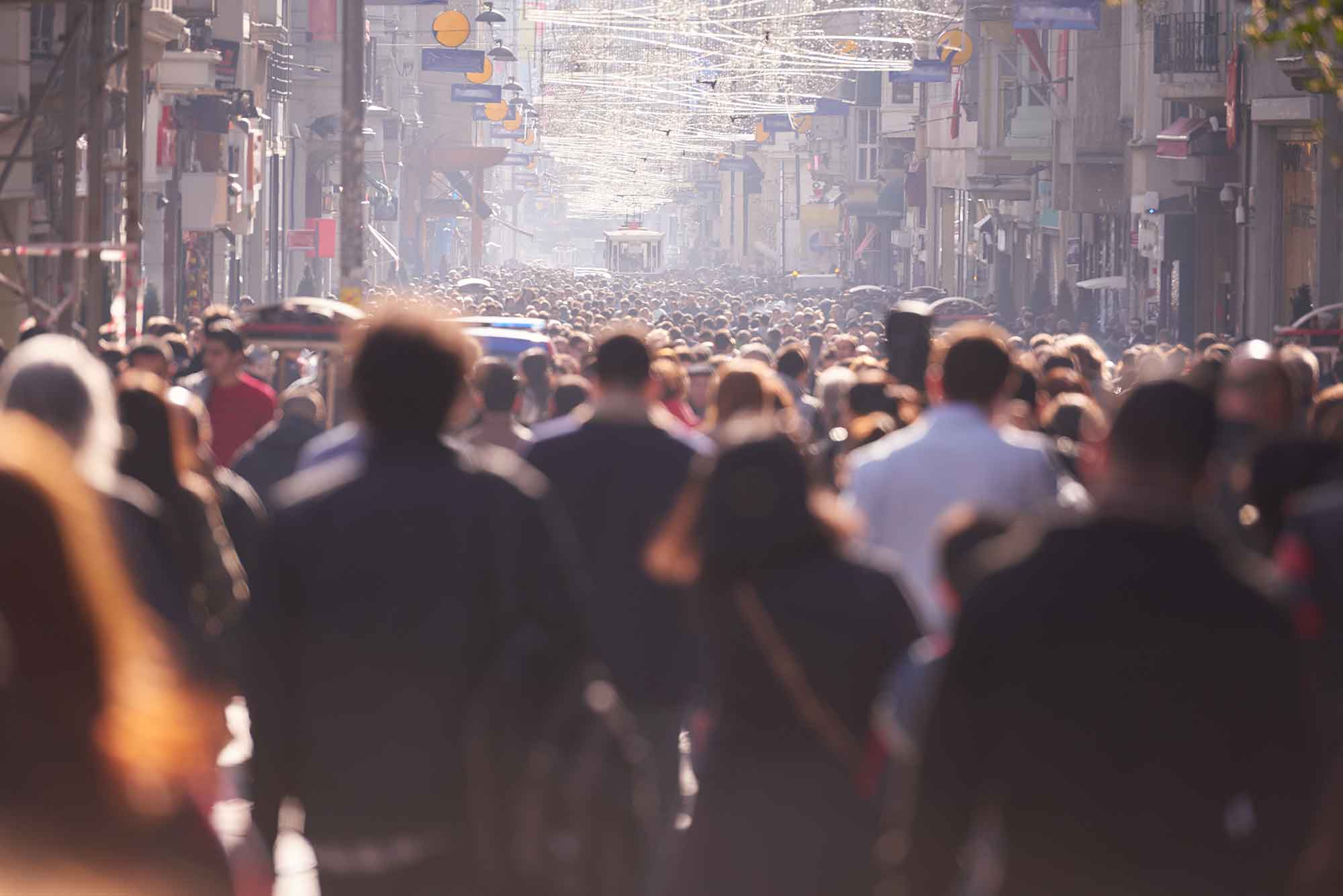Advertisement
Our ancestors were devastated by diseases like smallpox, polio and measles, but we hardly give these ailments a thought. They’re just not a threat, due to an interesting phenomenon called herd immunity – a term that’s being optimistically bandied about in relation to COVID-19.
What is herd immunity?
Simply put, herd immunity occurs when a sufficient number of people are immune – for whatever reason – and the disease in question cannot be passed on because it needs an unbroken chain of susceptible victims. Let’s take measles as an example. Measles is a highly infectious disease that, in the past, infected almost everyone by the time they’d reached their teens. Most people recover but it can be fatal.
Vaccination for measles started in the USA in 1963 and, by 2000, it was considered to be eliminated. But that didn’t mean it was completely eradicated, i.e., no longer in existence. What it meant was that it was not being transmitted from person to person. So many people had either had the disease, or had been immunised against it, that the USA had achieved herd immunity. So, for example, if one uninoculated person did contract measles – perhaps from travelling, or from someone who had travelled – they could only pass it on to another person with no immunity. But most of the people they would come into contact with had immunity, so the virus would not be passed on. Herd immunity at work!
So what happens if we become complacent?
The problem with herd immunity is that it can lead to dangerous complacency, with many people grossly underestimating the risk of contracting a disease, and the severity of the disease if they should contract it.
Advertisement
Social media is awash with fake news about how contracting measles as a child protects you from cancer, and being vaccinated against it causes autism. This fuels a huge movement of antivaxxers who refuse vaccinations for themselves or their children, which consequently results in pockets of uninoculated people that need just one infected person to set off a chain reaction of infections. This is what happened in 2019, when the USA experienced the highest incidence of measles since 1992.
Most antivaxxers in the United States, and elsewhere, including South Africa, are well educated and affluent, believing – probably justifiably – that, if their children were to get sick, they could obtain the best possible treatment. But public health is just that – public. It’s not about individuals. Every unvaccinated person is a link in a possible chain of infection, and in South Africa it is likely to not only affect the arrogant antivaxxers, but also people whose children have not been vaccinated because it is too far to walk to the clinic, or the queues are too long, and they can’t afford to take time off work. And, of course, HIV-positive people whose CD4 count is too low for them to be safely vaccinated.
So, what does that mean here and now?
The vaccine most people are talking about right now – the vaccine for SARS-CoV-2, the virus that causes COVID-19 – is one that does not yet exist, and is unlikely to exist for quite a while, no matter what Donald Trump says. While a vaccine would be great, there is absolutely no doubt that physical social distancing is the best way to stop the spread of the virus by depriving it of the living, susceptible stepping stones it needs to get around, to replicate, and to infect other people, and of a reservoir from which to launch new forays. Basically, it’s simply a way to create a simulacrum of herd immunity. If this doesn’t work, it will probably take a long time to develop herd immunity the hard way. And we really don’t want to go there.
Bottom line
What that means for HOAs, management and residents of estates is that you don’t want your estate to become one of those little pockets of uninoculated people. It would take one person infected with measles to brush past one child in a mall, and the next thing you know, the estate is filled with sickly spotty children, and possibly even sicker adults. But, more immediately, as there is no vaccine for SARS-CoV-2, the only way to achieve herd immunity is to diligently practice physical social distancing and, when you do have to go out shopping or for some other essential reason, wear a mask.
It’s something to think about while we ponder the walls, the garden and the TV for the next few weeks.


